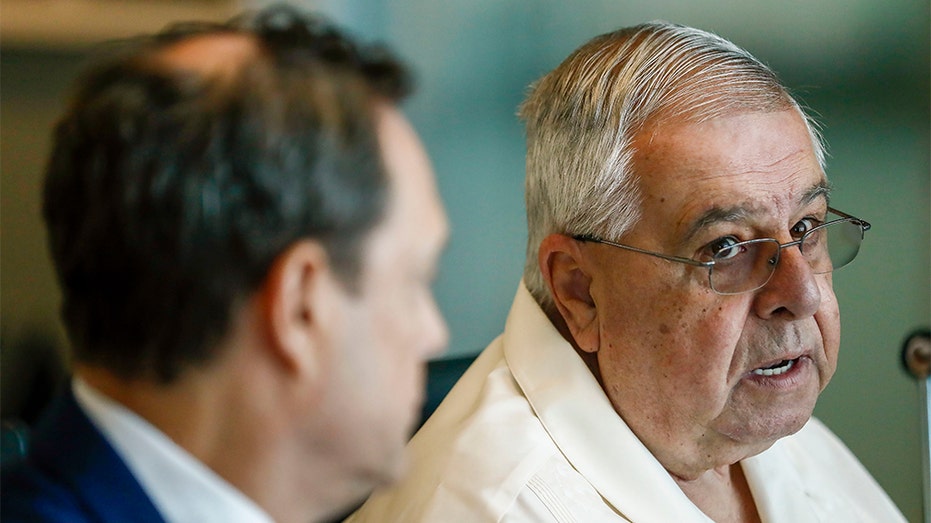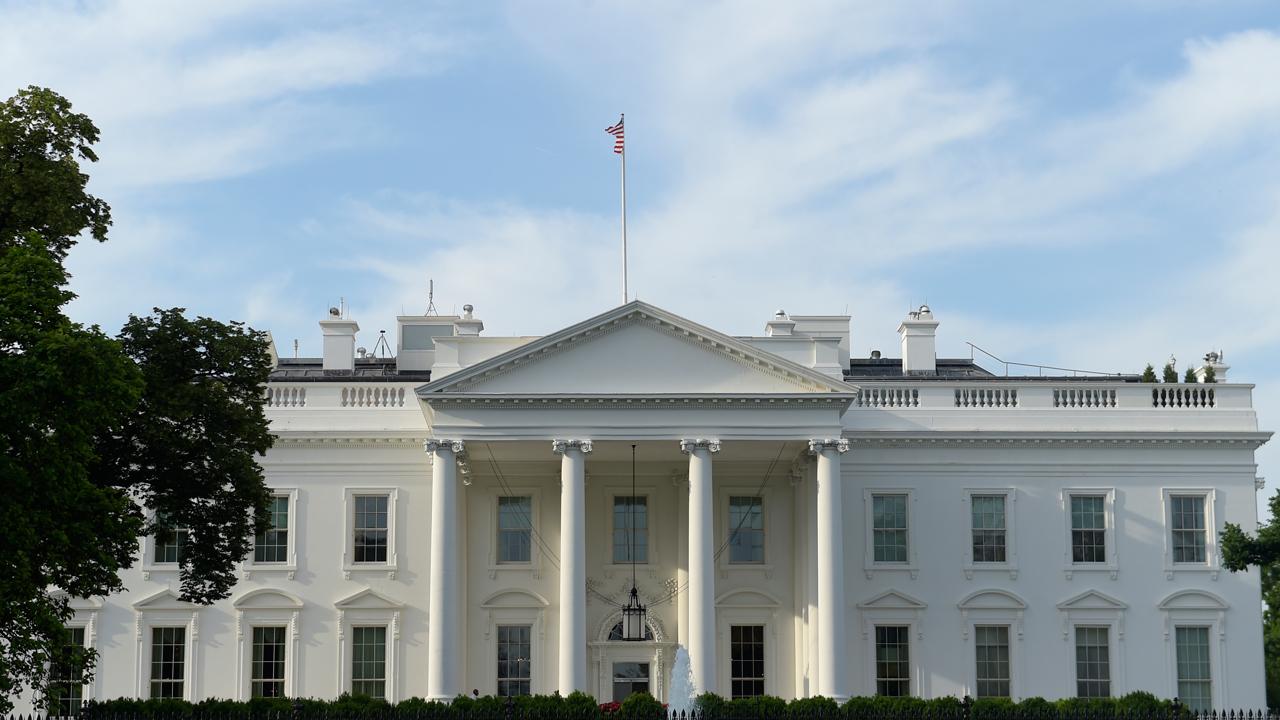Cuban-American claims to be rightful owner of Havana airport, sues airlines
A lawsuit has been filed in Miami on behalf of a Cuban-American - who claims to be the rightful owner of Havana's international airport - against American Airlines and the Latam Airlines Group for “trafficking'' in the property that he claims was stolen by the Cuban government.
This is one of several suits that have been filed since the Trump administration implemented Title III of the 1996 Helms Burton Act. The law allows U.S. citizens to sue foreign firms and Cuban entities over their use of properties expropriated after Cuba's 1959 revolution.
The administration activated the long-dormant law for another reason - as part of a campaign to pile pressure on Cuba to reform and drop its support of Venezuelan President Nicolas Maduro.
In the lawsuit filed on Wednesday, Miami-based law firm Rivero Mestre argues that José Martí International Airport was expropriated from the father of Jose Ramon Lopez Regueiro in 1959.
The “defendants have trafficked in or benefited from ongoing, unlawful trafficking in the Airport, by arriving and departing the Airport and using its facilities for cargo and passenger transport,'' the court filing reads.

José Ramon López Regueiro speaks during a news conference in in Coral Gables, Fla. Wednesday, Sept. 25, 2019. Rivero Mestre LLC filed a Helms-Burton Act lawsuit on behalf of José Ramon López Regueiro against American Airlines and LATAM Airlines Group
“What we seek to recover is the value of the airport times three,” attorney Andrés Rivero, who is handling the case, said. Rivero estimates the current value of the airport as “approaching 1 billion,” which means Regueiro could potentially receive up to $3 billion.
“I have had to wait 60 years, unfortunately. But at the end, there will be justice.”
López Regueiro, 66, said his family’s properties were taken “violently” and his family was never compensated but rather “defamed.” He departed Cuba for Holland in 1989, and then moved to Spain, where he worked in construction. He settled in Miami in 2009 and is now retired.
“I have had to wait 60 years, unfortunately,” López Regueiro said during a news conference, “But at the end, there will be justice.”
American Airlines said in a statement it would review the lawsuit in detail and “vigorously defend (its) service to Cuba, and added, “American Airlines' service to Cuba including José Martí International Airport in Havana is authorized by the U.S. government,'' it said. “In addition, (this law) specifically exempts lawful travel, which is what American provides.''
A spokesman in Chile for Latam, South America’s largest airline, did not respond to a request for comment. There is no precedent for these kinds of cases, which means it remains unclear how these lawsuits will fare in the courts.
There also is a question of how plaintiffs could collect the proceeds if they win a case against foreign firms because many countries have implemented laws blocking the Helms Burton Act’s implementation.
Havana-based diplomats and consultants claim the lawsuits are worsening Cuba's business climate and putting off future investors.
Some analysts say U.S. courts could determine that the travel these companies facilitate is actually tourism, thereby violating the decades-old U.S. trade embargo on Cuba.
In August, U.S. courts declined U.S. cruise line Carnival's request for the dismissal of a separate lawsuit over its alleged trafficking in Cuban docks.
This suggests that these lawsuits could carry increasing weight as they are filed.
"If more airlines are sued, some of the smaller ones may leave Cuba or change airports - presuming other airports are not subject to claims,'' said John Kavulich, president of the U.S.-Cuba Trade and Economic Council. "There are fifty-one airlines serving Havana.''
CLICK HERE TO READ MORE ON FOX BUSINESS
Some analysts say the Trump administration could also be seeking to win over the influential Cuban-American community in the swing state of Florida ahead of the November 2020 presidential election. On Tuesday, the U.S. Treasury Department imposed sanctions on four maritime firms and vessels transporting Venezuelan oil to Cuba, amid an acute fuel scarcity in the island.




















